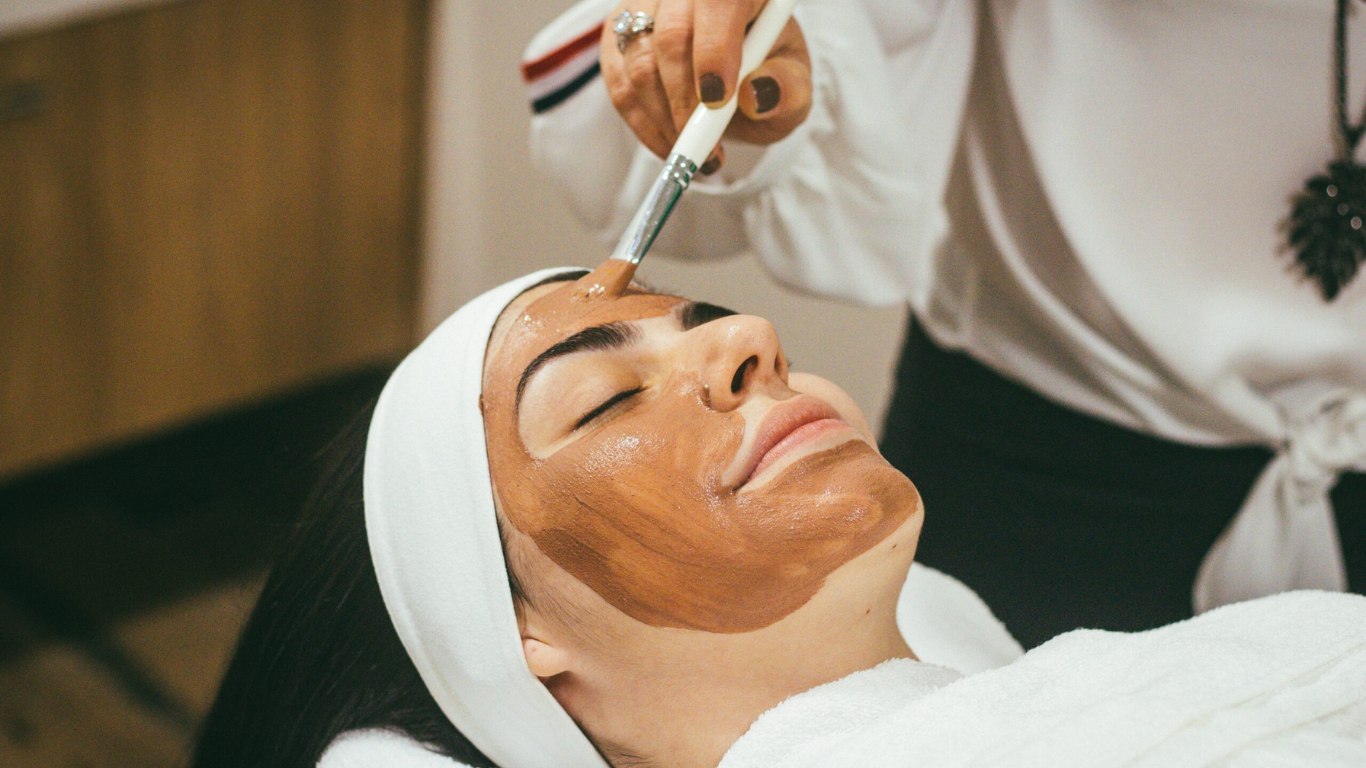The global market of natural and organic beauty products has experienced significant growth in recent decades. This increasing interest stems from consumers’ strengthened awareness of environmental and health concerns. What moves consumers in the direction of natural and organic cosmetics is the dual impact on both environmental preservation and personal use of sustainable products. This consumer-driven demand has compelled brands to prioritize organic considerations, reduce reliance on animal-derived ingredients, and update certification parameters for cosmetics to be deemed natural or organic. The evolving landscape of consumer preferences is pushing the beauty industry to adapt, embracing sustainability and ethical practices in response to a growing desire for conscientious and eco-friendly choices.
However, what does it mean to be “organic”? It means that a product contains ingredients sourced from organic farming, grown without artificial substances like pesticides or fertilizers. As stated by IFOAM (International Federation of Organic Agriculture Movements), ingredients with organic certification are natural substances and derived natural substances from controlled organic farming certified by a duly recognized certification body. Organic skincare products incorporate organically farmed ingredients, avoiding synthetic substances like chemical fertilizers, pesticides, antibiotics, hormones, parabens, sulfates, and GMOs. Organic farming aims to minimize environmental impact, adhering to standards such as resource cycling, air and soil quality preservation, biodiversity conservation, and limited synthetic use.
Better, risk-free, long-term results
Organic skincare contrasts to non-organic treatments, which often contains harmful synthetic chemicals like sodium laurel and mineral oils. These ingredients may pose risks such as skin irritation, hormone imbalance, and organ toxicity. Further studies have even demonstrated links from the use of these substances to the development of cancer. In terms of efficacy, organic products are understood to offer increased results due to higher levels of antioxidant vitamins in organically grown plants. With no contamination from herbicides or pesticides, organic ingredients are safer for your skin and body.
Furthermore, organic skincare products often contain 95% active ingredients, surpassing the 5 to 10% found in synthetic alternatives. While synthetic skincare may yield immediate results, long-term use can damage and weaken the skin, leading to irritation, sensitivity, premature aging, and clogged pores. Conventional products may also contain carcinogenic substances disrupting immune, reproductive, and endocrine systems. In contrast, natural and organic skincare nurtures skin health, relying on ingredients like coconut oil, honey, aloe vera, and shea butter to soothe, nourish, moisturize, and promote skin balance. Senso Naturale, an Italian brand focused on organic cosmetics offers an amazing selection of products.

Environmentally friendly
Recognized organic skincare ensures cruelty-free products, eliminating the need for animal testing. The inherent safety of natural ingredients obviates such practices, aligning with a growing ethical stance against animal testing within the beauty industry. Environmental considerations further favor natural and organic products. Conventional cosmetics frequently contain a high percentage of petroleum-based ingredients, and can include substances such as phthalates, oxybenzone or parabens. Although regulated for safe use in cosmetics, the use of petroleum-based, the life cycle of these products eventually pose dangerous environmental impacts. By using naturally grown ingredients free from toxic pesticides and fertilizers, organic products minimize their ecological footprint, reducing harm to soil, water, and air. The production process generates less waste and fewer toxins, contributing to environmental sustainability.
Social, local benefits
Embracing truly, recognized organic productions means to support fairness in production systems. Those involved in organic sourcing of products should conduct human relationships in a manner that ensures fairness at all levels and to all parties – farmers, workers, processors, distributors, traders and consumers. Assuring those involved in the system with a good quality of life and contribute to food sovereignty and reduction of poverty.
Natural and organic skincare not only benefits your skin and health but also promotes ethical and sustainable practices. The preference to animal-testing free, environmentally friendly options is a major contribution to a healthier beauty industry. Overall, choosing organics over conventional cosmetics is a true investment on both your well-being and a support to social and environmental sustainability.
Source: IFOAM – Organics International (picture and text)
Cover picture: Rose Rafael – unsplash.com



